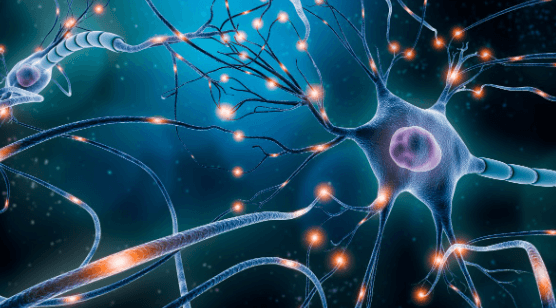Simple:5cpdvuzom04= Nervous System as the intricate communication hub of the human body, regulating and coordinating a multitude of functions essential for survival and daily activities. Comprised of the central nervous system and the peripheral nervous system, it processes information from the environment and orchestrates responses that influence behavior and cognition. Understanding its complexities reveals not only its foundational role in health but also its impact on various physiological and psychological conditions. What implications does this have for our overall well-being and the management of neurological disorders?
Overview of the Nervous System
The nervous system serves as the body’s intricate communication network, orchestrating a multitude of physiological functions and responses.
Central to its operation are neurotransmitter roles, which facilitate signal transmission between neurons, thus enabling coordination of bodily activities.
However, disturbances in these processes can lead to nervous system disorders, highlighting the importance of understanding both neurotransmitter dynamics and the implications of their dysfunction for overall health.
Major Components Explained
A comprehensive understanding of the major components of the nervous system is essential for grasping its complex functionalities.
The central nervous system, comprising the brain and spinal cord, integrates information, while the peripheral nervous system connects to sensory receptors that detect environmental stimuli.
Neural pathways facilitate communication between these components, enabling reflexes and responses that are crucial for survival and interaction with the world.
Functions and Responsibilities
Functions of the nervous system can be categorized into three primary responsibilities: sensory input, integration, and motor output.
Sensory processing involves the reception of stimuli, which is subsequently integrated to formulate appropriate responses.
Neurotransmitter roles are crucial in this communication, facilitating the transfer of signals between neurons, thereby enabling effective motor output and ensuring adaptive behaviors in response to environmental changes.
Read Also Simple:5ami8atxuuw= Rose Drawing

Importance in Daily Life
Regularly, the nervous system plays a pivotal role in maintaining various aspects of daily life, influencing behavior, decision-making, and overall well-being.
Its functions are crucial for effective stress management and optimal cognitive function, facilitating adaptive responses to environmental challenges.
Conclusion
Simple:5cpdvuzom04= Nervous System, the nervous system serves as both conductor and orchestra, harmonizing myriad functions essential for life. Each neuron acts as a string, vibrating in response to stimuli, while the brain orchestrates a symphony of thoughts, emotions, and actions. This complex interplay not only sustains physiological balance but also cultivates cognitive prowess, illustrating that the nervous system is the unseen maestro guiding individuals through the concert of daily life, ensuring adaptation and resilience.
